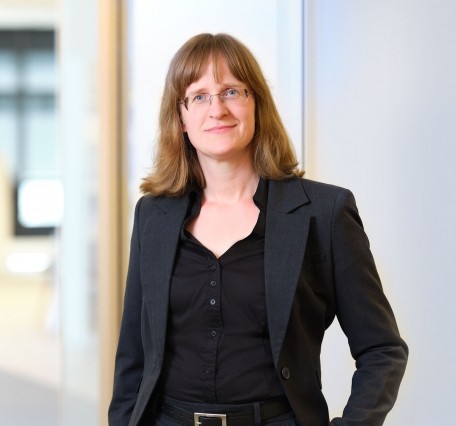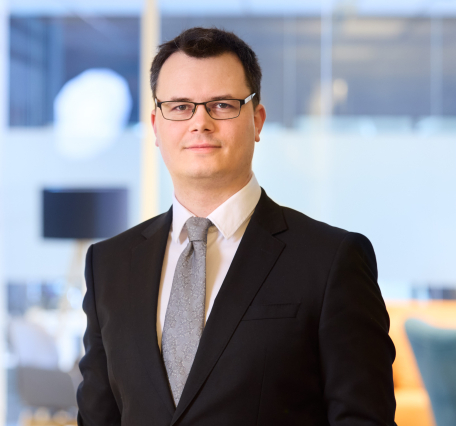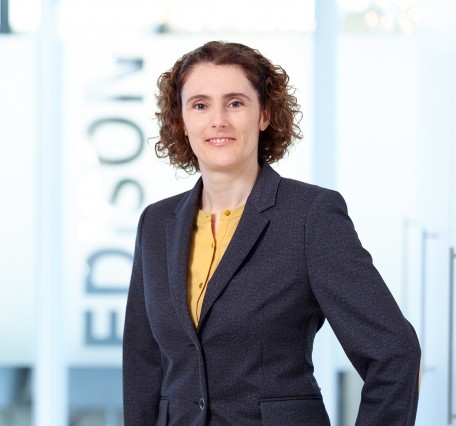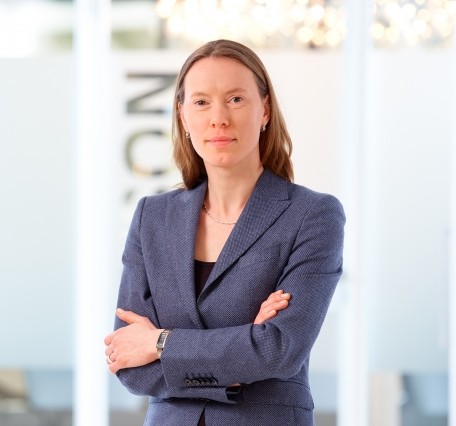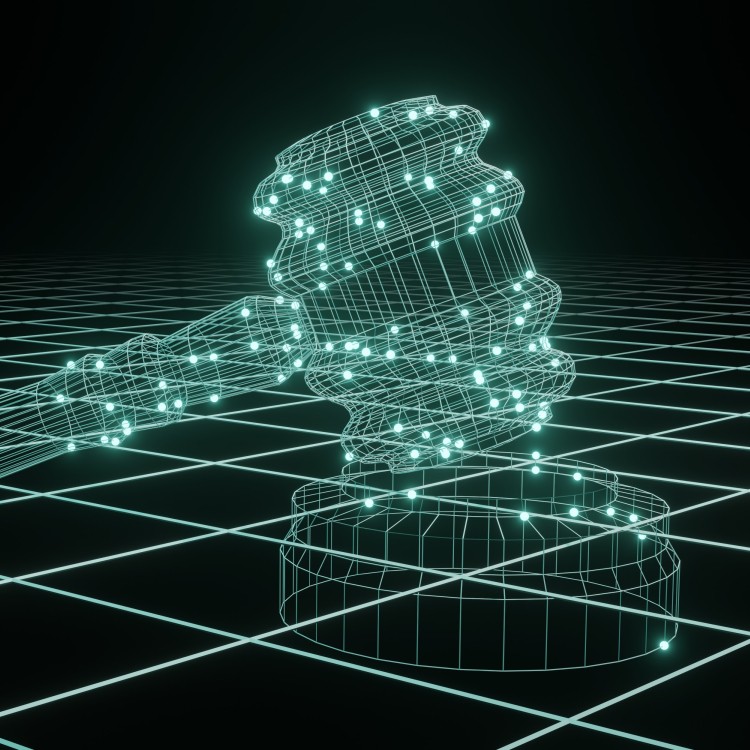

Technical expert denied by the Board to make oral submissions during oral proceedings | T 0765/21
Background of the Appeal
After the Opposition Division (OD) decided to reject an opposition against European patent EP 2 830 758 B1, the Opponent-Appellant (OA) appealed the decision of the OD. OA requested that the decision be set aside and the patent be revoked on the grounds that the invention as granted was insufficiently disclosed, was not novel, and was not inventive.
In response to the Grounds of Appeal, PR requested that the appeal be dismissed and the patent be maintained as granted, alternatively maintained based on one of a plurality of auxiliary requests.
By submission of 21 August 2023, around two weeks before the oral proceedings, PR indicated that an employee, Mr. Xu, of the proprietor would attend the oral proceedings. PR requested that Mr. Xu be allowed to make oral contributions as a technical expert at the oral proceedings.
The oral proceedings before the Board took place on 5 September 2023.
Hearing of the accompanying person as a technical expert
At the oral proceedings, PR referred to their request to allow oral contributions by Mr. Xu as technical expert. OA requested that Mr. Xu should not be allowed to make oral submissions, arguing that PR’s request had been filed late and that no indication had been provided as to the technical qualifications of Mr. Xu nor of the content of his intended oral submissions.
The Board decided that Mr. Xu should not be allowed to make oral submissions. Relying on Enlarged Board of Appeal decision G 4/95, the Board concluded that Mr. Xu should be considered as an accompanying person.
In particular, the Board noted that no request had been made to summon Mr. Xu under Art. 117(1) EPC and Rule 118 EPC. The Board referred to the headnote of G 4/95, which stipulates that oral submissions by persons accompanying professional representatives not falling under Art. 117 EPC cannot be made as a matter of right, but only at the discretion of the Board. The criteria for allowing an accompanying person to speak at oral proceedings include that the request be made sufficiently in advance, indicating the name and qualifications of the accompanying person and specifying the subject matter of the proposed oral submissions. A request made shortly before the oral proceedings should, in the absence of exceptional circumstances, be refused unless the opposing party consents.
The Board based its decision on the fact that the request to allow Mr. Xu to speak at the oral proceedings was submitted late, only some two weeks before the oral proceedings, and without any indication of his qualifications or the nature of his intended contribution. In addition, OA did not agree to allow Mr. Xu to speak. Therefore the criteria for allowing hearing of a technical expert were not met.
Admissibility of further auxiliary requests
PR submitted further auxiliary requests after the notification of the summons to oral proceedings. PR argued that these requests should be admitted into the proceedings since they responded to the preliminary opinion of the Board, and that they should be considered as clearly allowable as they reflected technical effects that were part of the application as originally filed and, in view of the examples of the patent, were achieved in the course of the invention.
The Board disagreed, and stated that none of the reasons given by PR could be considered exceptional circumstances justifying filing of requests at the late stage of the procedure under Art. 13(2) RPBA. The Board found it irrelevant that the requests are based on previously defined alternatives, because the deletion of the other options would effectively shift the discussion on inventive step in a non-convergent manner at a late stage. Furthermore, the preliminary opinion of the Board that the invention is obvious in view of D1 is based on objections previously raised by OA. The Board further agreed with OA that the new requests do not meet the requirement of clear allowability pursuant to Art. 13(1) RPBA. According to the Board, due to the way the claims were amended, the new requests would likely give rise to new issues at least under Art. 83 EPC and Art. 84 EPC. The further auxiliary requests were therefore not admitted into the proceedings.
Decision of the Board of Appeal
The Board decided that the decision under appeal is set aside, and that the patent is revoked.
Summary written by the NLO EPO Case Law Team

